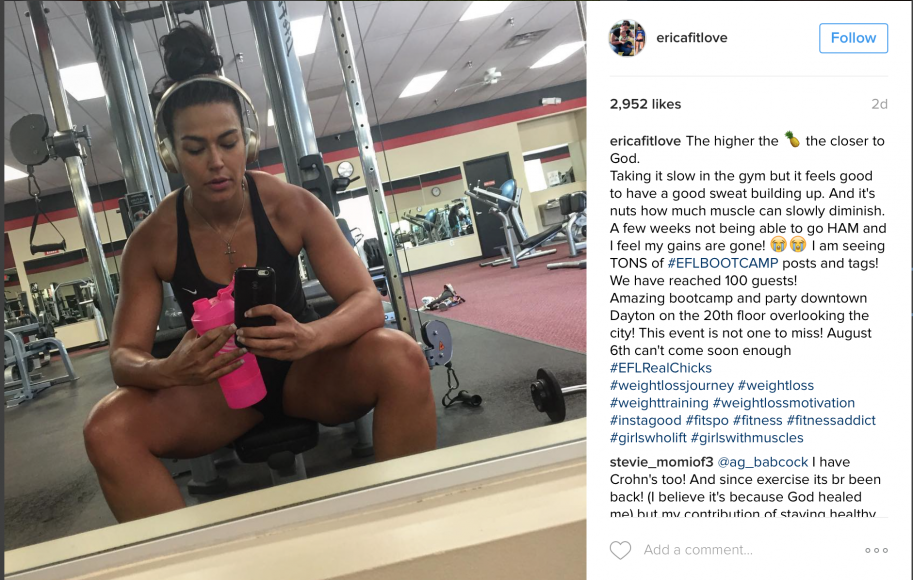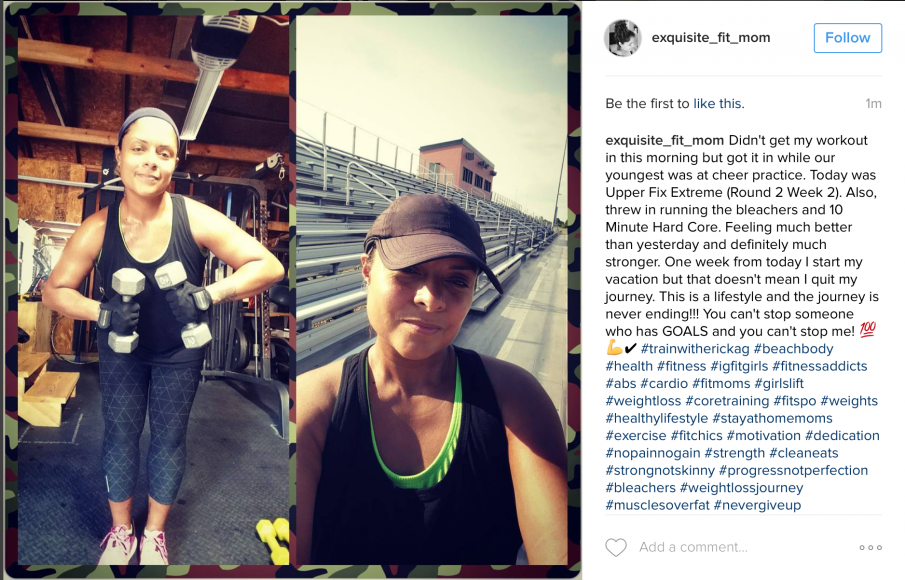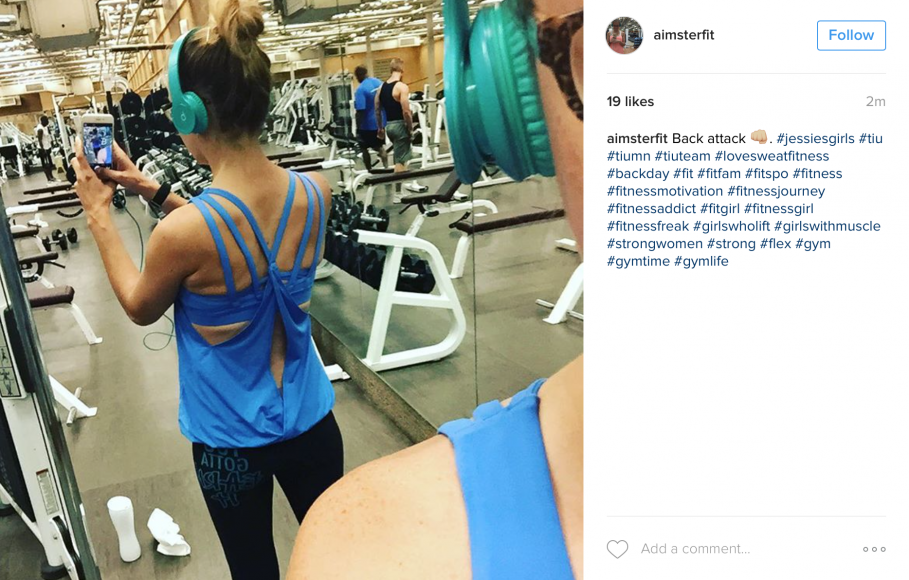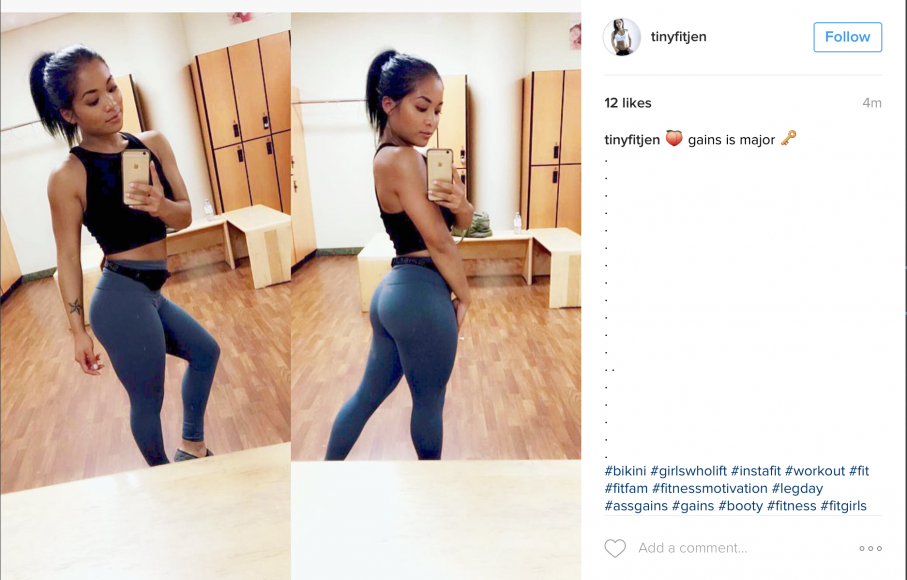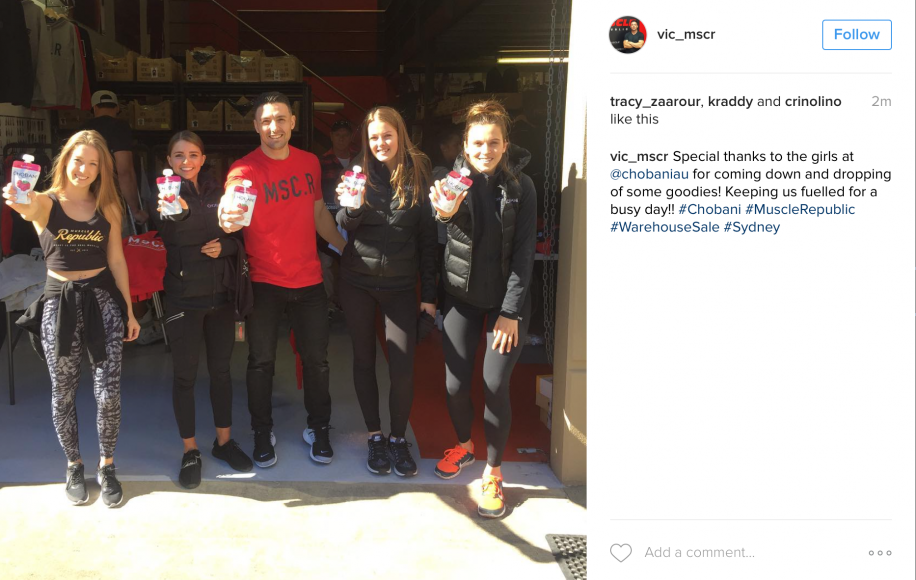Fitness fads come and go. Jane Fonda tape, anyone? Tae Bo? Richard Simmons and CrossFit? There’s no escaping it, even in China. Riding that wave is Keep, a health and fitness app that secured 30 million users in 15 months and $US32 million ($42.8 million) in venture-capital backing as Chinese look to trim their tummies.
Users like Susan Du, a 30-something teacher who transformed from a 101.5-kilogram (224 pounds) bookworm to 69-kilo fitness enthusiast, typify a new type of consumer. With at least one in four adults either overweight or obese, more upwardly mobile Chinese are beginning to value a healthy lifestyle over branded luxury goods.
“Right now, a lot of my friends are also working out, and they never did sports before,” said Du, whose fitness regime has been chronicled in perky workout snaps tracked by 27,000 online followers. “This is a new trend, a fashion in China. Before no one paid any attention. Now, almost everyone – whether fat or skinny – is thinking of exercise,” she said.

Du packs in an hour of cardio before teaching English in Beijing and then lifts weights after work, sharing selfies of the results
Battling the bulge
There’s more than toned abs at stake. Rising wages and sedentary lifestyles have contributed to worsening health. Diabetes afflicting 114 million people, for example, could overwhelm the nation’s budget. A study released in January of 7603 adults in the city of Tianjin found that about 70 perc ent were overweight or obese.
Right now, a lot of my friends are also working out, and they never did sports before.
Susan Du
China’s cabinet aims to build a 5 trillion yuan ($1 trillion) sports industry by 2025 to counter rising rates of stroke, cancer and Type-2 diabetes. China’s sports industry will expand more than 19 per cent annually to 3 trillion yuan by 2025, Credit Suisse Group AG estimated in 2015.
Keeping fit, especially for women, is also challenging accepted norms of female beauty, which traditionally emphasised the thin and pale skin highlighted by the viral sharing recently of women showing their waist size narrower than the width of a sheet of A4 paper.
“Most of my friends don’t accept a different body type, but I’m a muscle fan,” Du said. “I hope one day to be a muscle Barbie.”
The Keep app combines fitness routines, informational posts and a social media network where users can share workouts or photos of themselves or even their meals. Some posts and images are showcased by Keep editors. That’s helped nudge standards in a different direction, Du said.
‘Strong and sexy’
“They are strong and sexy, according to the Western style,” she said. “This has changed a lot of girls’ opinions, too.”
Du said she lost weight after her doctor warned her she was dangerously heavy if she wanted to have a baby. She used acupuncture as an appetite suppressant.
GGV Capital, Morningside Group, and Bertelsmann Asia Investments put $32 million into Keep, whose 25-year-old founder was inspired to launch it after losing 20 kilos by searching online and creating an exercise and weight loss program for himself.
“I found our country doesn’t have a good app to lose weight or stay fit,” said founder Wang Ning, whose boyish face features prominently in the press coverage of his app. “At the time I was losing weight, I was a student and didn’t have any money. I couldn’t afford to go to the gym or hire a trainer, so I went to the Internet.”
This article first appeared on Bloomberg.com | written by Shai Oster.

